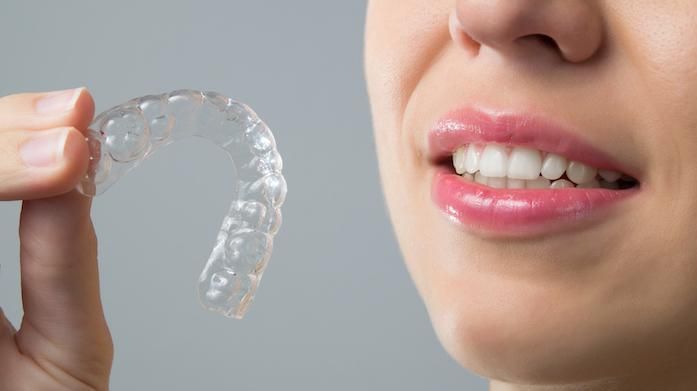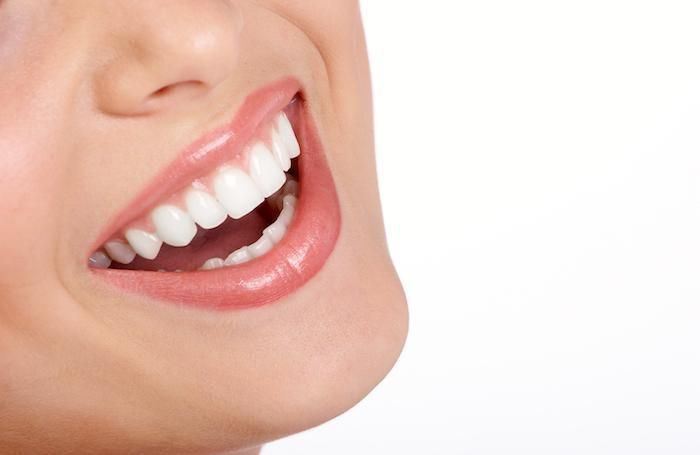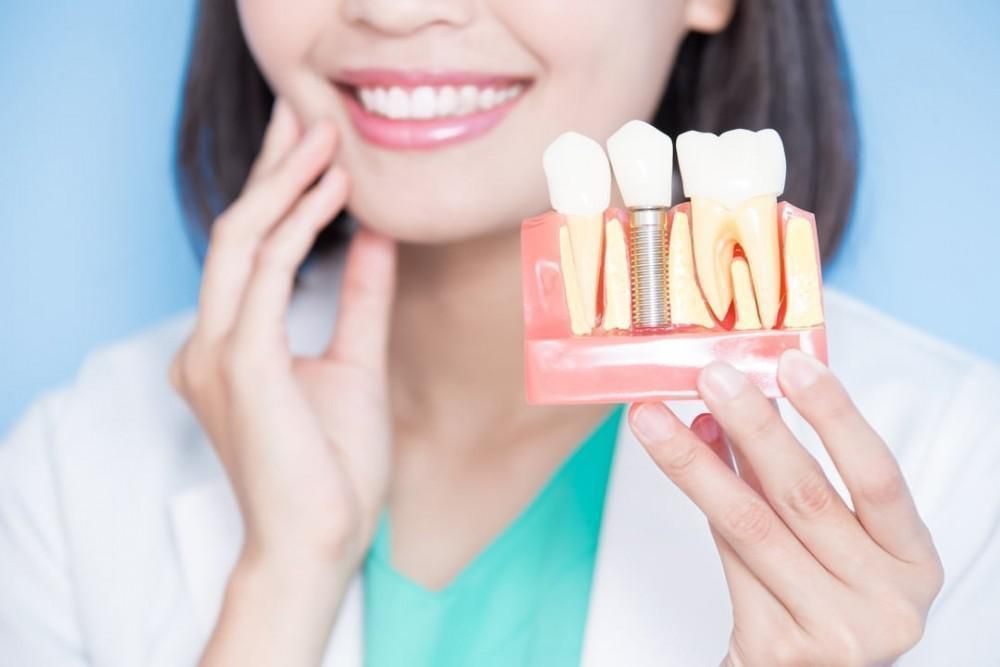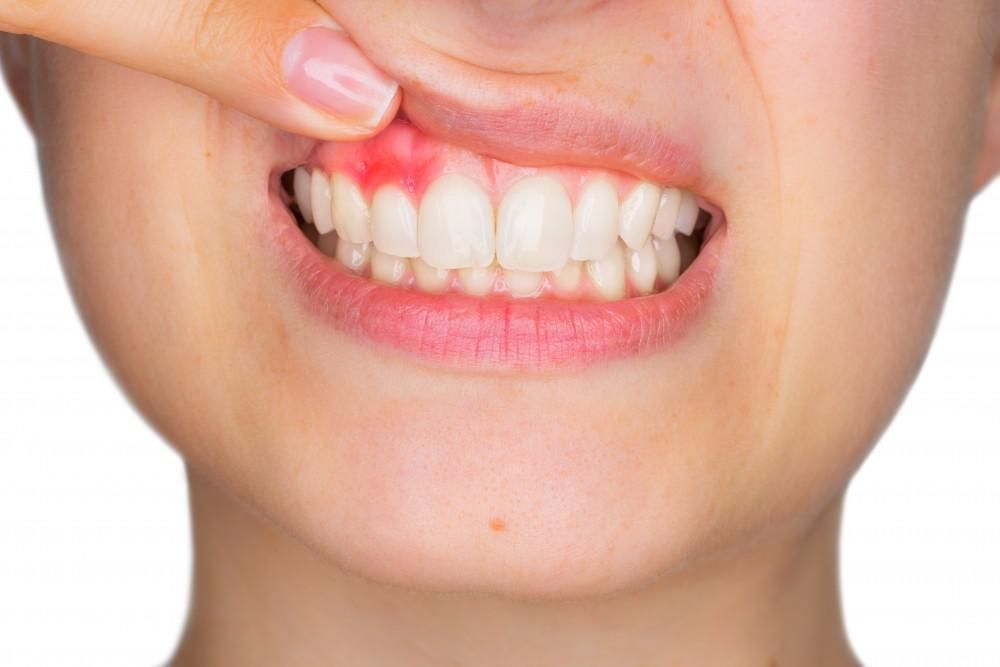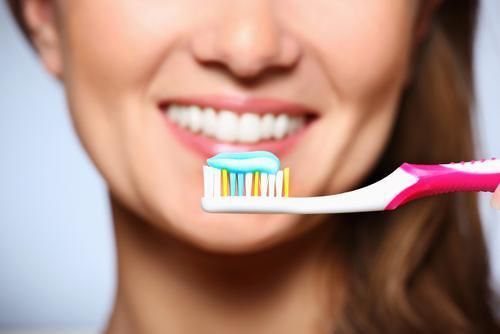What Constitutes a Dental Emergency?

If you’re suffering from a throbbing toothache or fractured tooth, you need urgent dental care. But there’s a difference between urgent care and a life-threatening dental emergency.
The American Dental Association classifies dental emergencies as situations involving uncontrolled bleeding, swelling, or facial bone trauma that threatens to block a patient’s airways.
At Greenwich Dentistry in Cos Cob, Connecticut, we take a broader view of dental emergencies because we know how pain can disrupt your life.
We see patients with broken or chipped teeth, severe mouth pain, facial swelling, and other issues that call for emergency dentistry. If you’re experiencing mouth pain and unsure what to do, you can always reach one of our dentists by phone.
5 common dental emergencies
If you’re in an accident and break your jaw or other facial bones, go straight to the ER. Call us at Greenwich Dentistry if you experience any of the following common dental emergencies:
1. Throbbing toothache
If you’re suffering from persistent pain in your tooth, come in to see us. A toothache can indicate an infection, a cavity, or other root cause that needs attention.
2. Knocked-out tooth
If you’re in an accident or suffer an injury that knocks out a permanent tooth, that’s a dental emergency. To have the best chance of saving your tooth, we recommend rinsing it and trying to put it back in its socket. You can use gauze or a cold tea bag to reduce bleeding.
If you can’t put the tooth back into its socket, drop the tooth in a glass of saliva or milk and bring it with you. We can stop the bleeding and address your pain as we work to save your tooth.
3. Abscess
You might have an abscess if you have a bad taste in your mouth, fever, throbbing pain, sensitivity to temperature, or pain when you bite.
You might’ve heard of an abscessed tooth but aren’t sure what that means. Simply put, it’s a pus bubble that forms on or around your tooth. It’s a sign of an infection from a cavity or previous dental work; if it breaks, it can be dangerous.
4. Bumps on your gums
If you see or feel a bump on your gums, it could be a canker sore, which is irritating but not dangerous. Or, it could be something more serious, like a symptom of an abscessed tooth.
5. Facial swelling
If you have swelling along your jaw that’s painful or tender to the touch, it’s a good idea to have it checked out. Facial swelling could indicate something serious.
At Greenwich Dentistry, we’re equipped to handle a range of dental emergencies in-office, and a dentist is available by phone to offer emergency guidance 24 hours a day, 365 days a year. Contact us at 203-869-2066.
